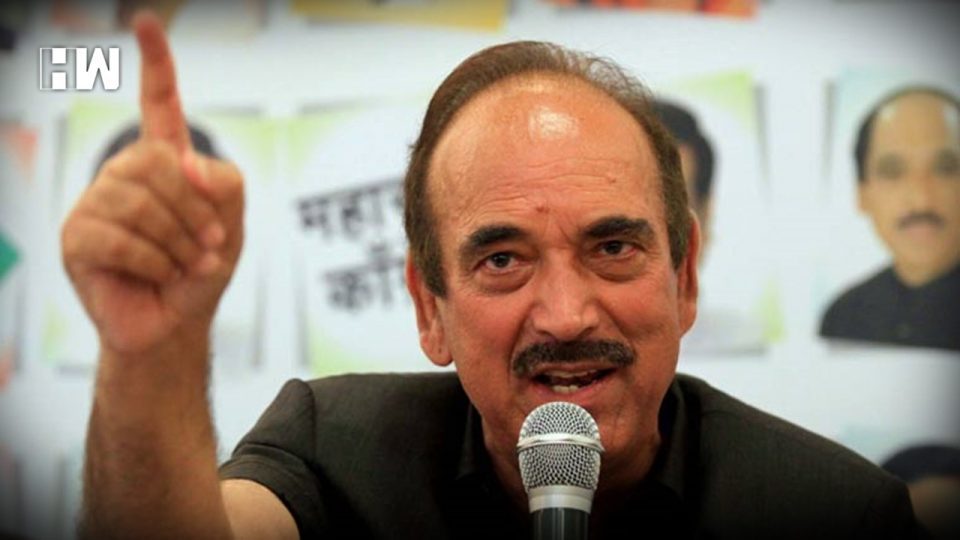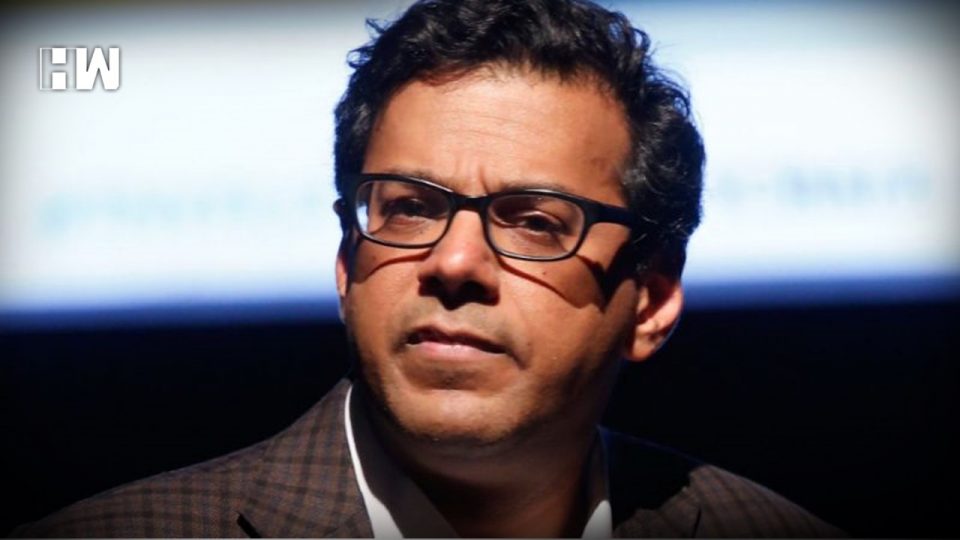Congress leader and former J&K chief minister Ghulam Nabi Azad evoked a lot of backlash nationwide when he said that Army operations in the state have killed more civilians than terrorists, thus paving the way for a strong response from BJP, which accused Congress of trying to bring the morale of the armed forces down.
In a TV interview, Azad also implemented that BJP’s indication of an “all out operations” in J&K was proof that a “massacre” was being planned. BJP said that these comments were unfair to Army personnel who constantly put their lives in danger to protect the civilians of the state.
“They (forces) take action against four terrorists and kill 20 civilians. Their action is more against civilians than terrorists. For instance, they killed 13 civilians in Pulwama and just one terrorist,” Azad said.
Rajya Sabha MP and BJP national media chief Anil Baluni retaliated by saying that, “Rahul Gandhi should take action against leaders like Azad, who are making baseless allegations against the Army without any facts. They (Congress) leaders should target BJP but refrain from making adverse comments against the armed forces.”
“Congress leaders made light comments about the Army chief and are repeatedly raising questions about the armed forces. It is sad that a senior leader like Azad has made such a comment on which Congress party should clarify its stand,” Baluni concluded.
Since BJP pulled out of its alliance with PDP on Tuesday, bringing down the coalition government in J&K, there is increased talk that under governor’s rule, there will be a lot of pressure on security operations and armed forces.
As an independent media platform, we do not take advertisements from governments and corporate houses. It is you, our readers, who have supported us on our journey to do honest and unbiased journalism. Please contribute, so that we can continue to do the same in future.


